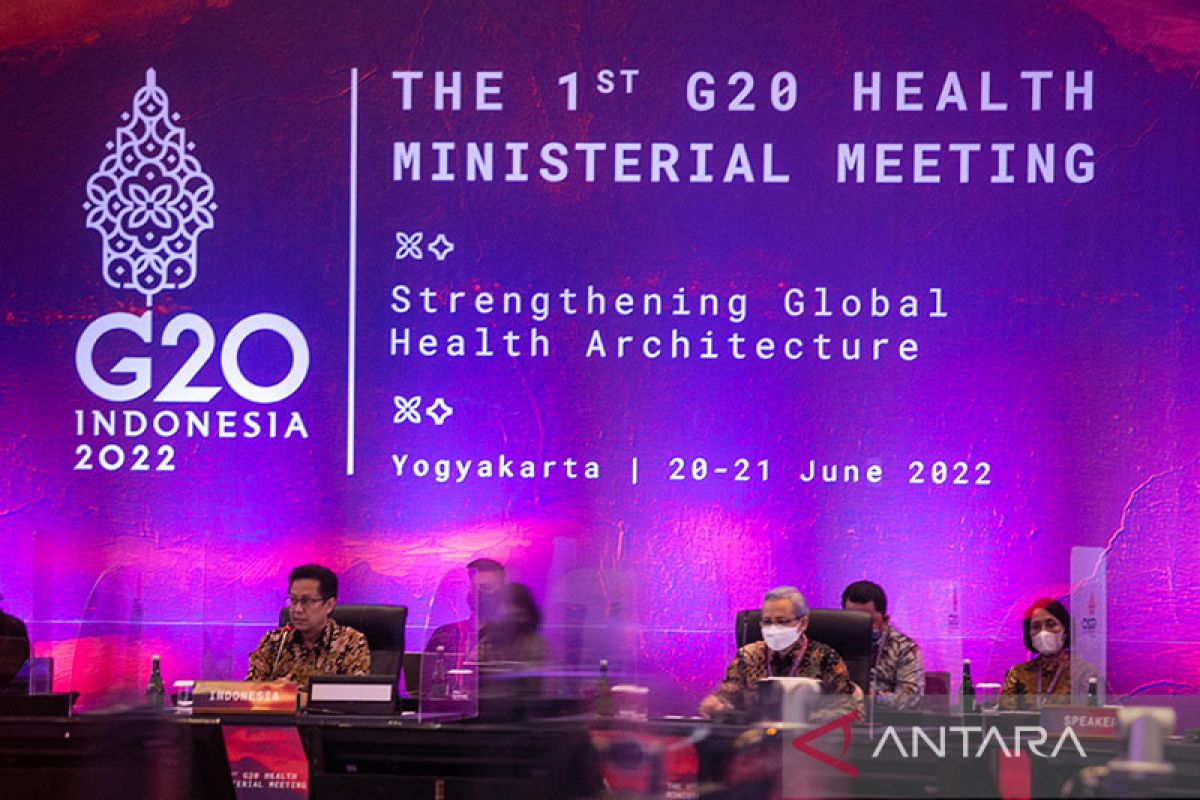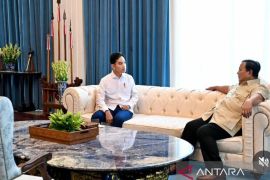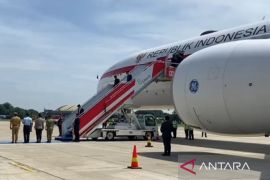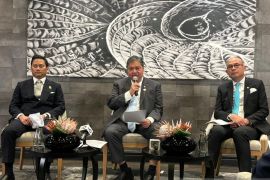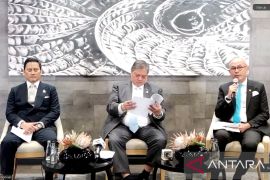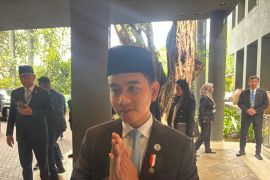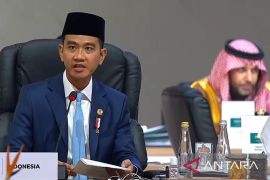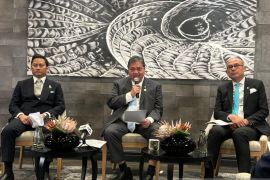Through the G20 forum, Indonesia will encourage the strengthening of global health resilience and help make the global health system more inclusive, equitable, and responsive to crises.
As an effort, the Ministry of Health of Indonesia is holding the 1st G20 Health Ministerial Meeting (HMM) in Yogyakarta on June 20-21, 2022, which brings together health ministers from G20 members along with representatives from relevant international organizations to discuss the strategic topics of strengthening the global health system, joint recognition of international travel mobilization certificates, as well as building manufacturing and research centers.
The goal of such discussion is to make the world better prepared to face the threat of any future pandemics.
On the first day of the meeting, G20 members and several international organizations agreed to work together to create the Financial Intermediary Fund (FIF) to help countries in need to face any pandemic in future.
“We are very excited to convey our promise to the global community that we will create an emergency fund scheme to be used during a future pandemic," Indonesian Health Minister Budi Gunadi Sadikin, who presided over the meeting, remarked.
To date, the G20 has pushed for an emergency fundraising commitment of around US$1.2 billion from five member countries and one international social organization to mobilize the role of FIF.
The commitment came from the United States, which contributed US$450 million; the European Union, US$450 million; Germany contributed 50 million euros; Indonesia US$50 million; Singapore, US$10 million; and the Wellcome Trust contributed US$12.3 million.
The World Health Organization (WHO) and the World Bank estimated that US$31 billion is required annually for strengthening global health security, according to WHO Director General Tedros Adhanom Ghebreyesus.
About two-third of that fund could come from existing resources but that leaves a gap of US$10 billion per year. Hence, he expects that the FIF would help close that gap.
WHO and the World Bank have been cooperating to establish the FIF, which would be overseen by a board that takes a decision on funding allocation supported by a technical advisory panel.
Both the board and the technical advisory panel would be supported by the joint WHO-WB secretariat based at the Bank’s headquarters in Washington, with assisting staff from the WHO.
According to the plan, the Bank will provide financial and administrative leadership at the secretariat, operate as a representative for the FIF, hold and transfer relief funds, as well as provide administrative services.
Meanwhile, the WHO will provide technical leadership; coordinate input for the technical advisory panel; and prepare relevant technical documentation, recommendations, and reports for the council.
Both the World Bank and WHO will act as implementing entities, along with other global health partners with relevant expertise, including the Global Fund, the Global Alliance for Vaccines and Immunization (GAVI), and the Coalition for Epidemic Preparedness Innovations (CEPI).
“We look forward to your active participation in building and financing a FIF that is inclusive, equitable, and effective in making our world safer from pandemics,” Tedros noted.
GISAID+
In addition to funding, the G20 health ministers also discussed cooperation in sharing epidemic and pandemic virus data through the GISAID+ initiative.
Sadikin emphasized that the concept of GISAID+ is a global surveillance network that allows each country to discuss when pathogens that have the potential to trigger the next pandemic are identified anywhere in the world.
"We will also discuss what if in the next pandemic when a country goes into lockdown, but we can still move labor and goods," he said.
The development adds to the viral variants reported for all types of non-influenza pathogens, bacteria or viruses.
"The difference with GISAID+ (is that) the mechanism of the variants that will be reported is more diverse, not only influenza, (but) there is (also) monkeypox and others," Indonesian Health Ministry’s Secretary General Kunta Wibawa Dasa Nugraha explained.
GISAID+ is also directed to become a forum for the development of knowledge among researchers and related institutions in the world in formulating steps to mitigate the pandemic risk in future.
Under such cooperation, the national and international pharmaceutical industry are also expected to adapt quickly to the development of vaccine and drug products.
After the COVID-19 pandemic, the health security system has become a policy that requires urgent improvements, as the world bears witness to the devastating loss of human lives and disruption of socio-economic aspects.
The concrete steps discussed at the G20 1st HMM Forum are expected to continue to mature the embryo to give rise to a global health architecture that is resilient to face future pandemics.
Related news: Incorrect perception that pandemic is over: WHO Director-General
Related news: Indonesia set to host 1st G20 finance, health ministerial meeting
Editor: Rahmad Nasution
Copyright © ANTARA 2022
